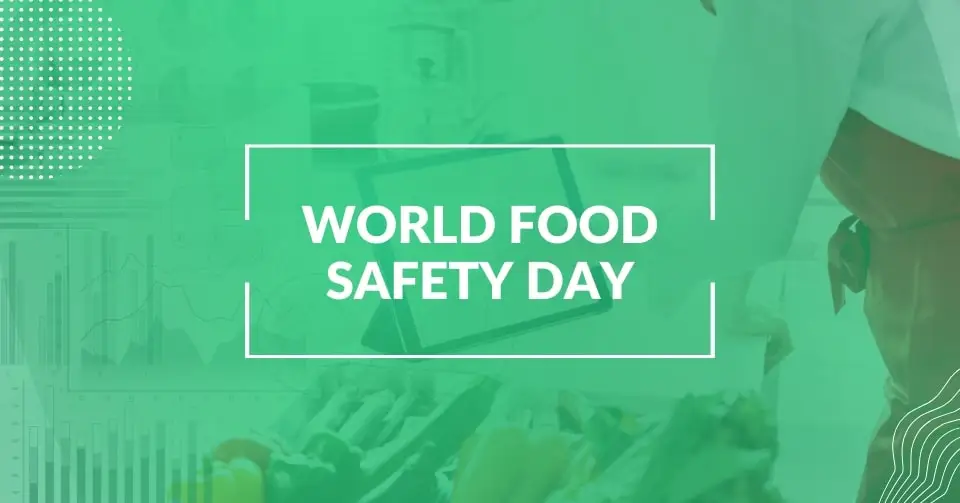SQF versus the FDA
The Safe Quality Food (SQF) program and the U.S. Food and Drug Administration (FDA) are both integral to ensuring food safety, but they serve different roles and functions within the realm of food regulation and certification. Understanding their differences is crucial for food industry professionals and consumers alike.
Safe Quality Food (SQF) Program Overview
- Nature and Focus: SQF is a voluntary, global food safety and quality certification program. It is administered by the Safe Quality Food Institute (SQFI), a division of the Food Marketing Institute (FMI). The program is designed to meet industry, customer, and regulatory requirements for all sectors of the food supply chain.
- Standards and Certification: SQF provides a comprehensive food safety and quality management system. It outlines specific standards that food producers, manufacturers, and distributors must meet to obtain certification. These standards are industry-driven and are intended to demonstrate that a company has a robust food safety and quality management system in place.
- Role of SQF Practitioner: A key component of SQF is the role of the SQF Practitioner, who is responsible for developing, implementing, and maintaining an organization’s SQF System. This individual ensures that the business adheres to SQF standards and is prepared for periodic audits.
- Global Reach: While SQF is recognized globally, it is particularly prevalent in industries and markets where businesses are seeking to establish credibility with international trading partners.
U.S. Food and Drug Administration (FDA) Overview
- Nature and Focus: The FDA is a federal agency within the United States Department of Health and Human Services. Its primary focus is to protect public health by ensuring the safety, efficacy, and security of human and veterinary drugs, biological products, medical devices, the nation’s food supply, cosmetics, and products that emit radiation.
- Regulatory Authority: Unlike SQF, the FDA has legal and regulatory authority. It is responsible for enforcing laws enacted by the U.S. Congress and has the power to regulate food production, approve food additives, issue food safety standards, conduct inspections, and enforce compliance with federal food safety laws.
- Public Health and Safety: The FDA’s role encompasses a broad range of public health responsibilities, including responding to foodborne illness outbreaks, conducting research on food safety, and educating the public about food safety and nutrition.
- Mandatory Compliance: Compliance with FDA regulations is mandatory for food producers and distributors operating in or exporting to the United States. The FDA sets regulations that are legal requirements, such as those stemming from the Food Safety Modernization Act (FSMA).
Key Differences between SQF and FDA
- Mandatory vs. Voluntary: FDA compliance is legally required for relevant industries in the U.S., while SQF certification is voluntary and often driven by market demands or a desire for recognized best practices in food safety and quality.
- Scope and Reach: The FDA’s scope is regulatory and focused on public health, primarily within the United States, whereas SQF is a global certification system focused on best practices in food safety and quality.
- Enforcement vs. Certification: The FDA has enforcement power and can impose legal actions, whereas SQF provides a certification that indicates adherence to its standards but does not have regulatory enforcement power.
In conclusion, while both SQF and the FDA are pivotal in ensuring food safety, they operate differently. SQF is a voluntary certification system with a global reach, focusing on best practices in food safety and quality, while the FDA is a regulatory body with legal authority to enforce food safety laws within the United States.
FoodReady has FDA Consultants and SQF Consultants to help you prepare for any audit or inspection.
FAQs:
Yes, a business can be regulated by the FDA and also choose to obtain SQF certification for enhanced food safety and quality management.
Staple foods like fresh fruits and vegetables, along with most raw food commodities, are exempt. However, processed foods, additives, and certain food products must undergo FDA review before they are allowed on the market.
An SQF Practitioner develops, implements, and maintains an organization’s SQF System, ensuring adherence to SQF standards and readiness for audits.
The SQF program is not controlled by the FDA but is recognized for its alignment with FDA regulations. The program’s standards are in line with the FDA FSMA PCHF rule. SQF certification increases confidence that FDA food safety requirements are met.
Yes, for food producers and distributors in the U.S., compliance with FDA regulations is legally required.






